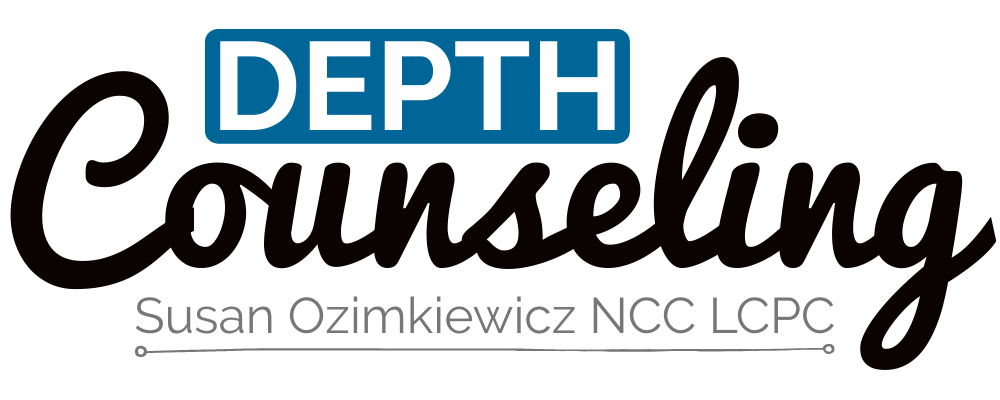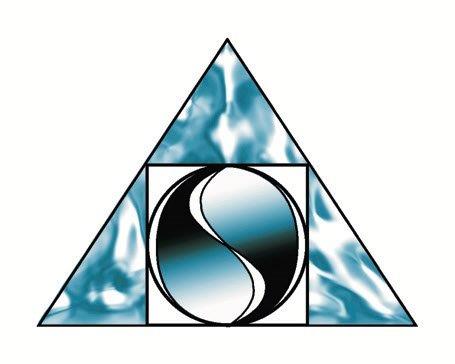Jack and Jill
“Sweet water’s dimpling laugh from tap or spring;
Holes in the ground; and voices that do sing;”
─ Rupert Brooke The Great Lover
An issue for some of my clients within the heroic youth oriented American culture is the push and drive for achievement and success, even at the cost of their physical or mental health. Often there is an inner drive to accomplish both fame and money by pushing the river of life, metaphorically speaking, to climb the ladder of success. Competition and acquisitions seems to cause people to abandon themselves and become full of fear or anxiety about their future as they try to go from A to Z instantly without using conscious intelligence, awareness, instincts or even insight. The opposite of this might be the lack of using their inner guiding wisdom and authority. Many people appear to seek mentoring or training from other heroic figures in the same area that they want to attain. In American culture the elders and authority figures with life experience do not seem to be valued or admired nor sort out for their leadership skills in navigating difficulties. Psychologically speaking the following nursery rhyme that is told simply demonstrates this notion of not using consequential or critical thinking within the ups and downs of life.
Jack and Jill
Jack and Jill went up the hill
to fetch a pail of water;
Jack fell down and broke his crown,
and Jill came tumbling after.
Up Jack got and home did trot,
as fast as he could caper,
to old Dame Dob, who patched his nob
with vinegar and brown paper. ─ Unknown
The Jack and Jill nursery rhyme is from the 1800s and seems to be a psychological metaphor. The name Jack can imply any type of male worker such as a lumberjack, or a jack-of-all-trades. The name Jill which came from Juliana means youthful. The boy and girl or male and female image suggests everyday youths or perhaps ordinary people living a basic innocent youth oriented human life. Everyone needs water, the water of life to quench their thirst and live. Together they start to climb the hill to get the pail of water. The hill as an elevated area might represent an inflated striving to go higher to reach their goal, perhaps a jack-pot. The pail is a water tight container that holds a precise quantity of liquid, an allotted amount.
The two begin their climb from down on the ground because they might possibly think that the water they want to fetch may be in a well at the top of the hill. They incorrectly think the well is up the hill; however water runs down hill and evens out to its own water level. A well would suitably be dug at ground level to access the water table. They are unaware of the nature of water. Water can be a symbol of feelings and emotion, the unconscious, and the depths of being. Jack and Jill could conceivably be looking for emotional support in the wrong way to acquire their common goal and achieve success.
As they fall down and experience failure Jack’s crown of success breaks. A crown sits over the brain’s frontal lobe. Its role regulates voluntary movement such as walking. It also gives the ability to think and reflect about future consequences based on current actions with a capacity for task differentiation plus the use of personality and self-awareness. Jill unconsciously and automatically follows his lead.
Jack still is caught in his emotional reaction to speed and motion as he rapidly retreats back to where he started. The 1950’s slang word dob can mean to abruptly report to a person in authority for wrong doing. The person he goes to for help and healing is a wise woman authority figure, a dame which can be comparable to a knight or a sir. She heals his nob which is a slang word that means head with vinegar and brown paper. Vinegar is a fermented healing agent and it can also sour the disposition and speech. Brown might suggest specifically cooking until brown because the brown paper is cooked. White paper (sometimes bleached) is a substance that is made from wood pulp, rags, straw, or other fibrous material. It is an unmarked, blank and a pure image. This paper might suggest that the substance and fabric of our being has to be cooked by experience in order to know consciously the right attitude, approach, and direction to go.
“Firm sands; the little dulling edge of foam
that browns and dwindles as the wave goes home”
─ Rupert Brooke The Great Lover







